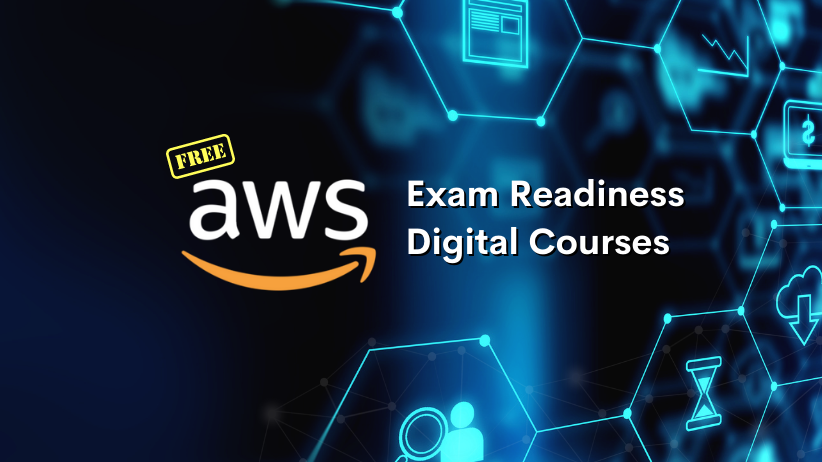Last updated on August 14, 2023
Azure Cosmos DB Cheat Sheet
- Globally distributed database that supports NoSQL.
- A fully-managed database service with turnkey global distribution and transparent multi-master replication.
Features
- Cosmos DB offers encryption at rest.
- It replicates every partition across all the regions.
- CosmosDB offers single-digit millisecond reads and writes in all regions.
- Supports automatic failover during a regional outage.
- Consistency Levels: Strong, Bounded Staleness, Session, Consistent Prefix, and Eventual
- You can set either standard (manual) or autoscale provisioned throughput on your databases and containers.
- Monitor both the provisioned autoscale max RU/s and the current throughput (RU/s) of the system with Azure Monitor metrics.
Consistency Levels
- Strong – reads are guaranteed to return the most recent committed version of an item.
- Bounded Staleness – is for low write latencies but requires a total global order guarantee.
- Session – reads are guaranteed to honor the consistent-prefix, monotonic reads, monotonic writes, read-your-writes, and write-follows-reads guarantees.
- Consistent Prefix – updates that are returned will contain some prefix of all the updates.
- Eventual – has no ordering guarantee for reads.
Security
- Encryption at rest is applied automatically.
- Uses AES-256 encryption in all regions.
- You can use the keys that are managed by Microsoft or customer-managed keys.
- Two types of keys to authenticate users:
- Master Keys for administrative resources.
- Resources Tokens for application resources.
- Detect suspicious activities which indicate unusual and potentially harmful attempts to access or exploit databases with Advanced Threat Protection.
Azure Cosmos DB Pricing
- Elastically scale the provisioned throughput and storage for your databases according to your needs and only pay for the throughput and storage needed.
- Cosmos DB throughput per second and request unit consumption varies by operation and JSON document.
- Additional backup copies will be billed as total GBs of data stored (first two copies are free).
- You provision the number of RUs for your application on a per-second basis in increments of 100 RUs per second. You are billed on an hourly basis.
- With autoscale for containers, you pay per hour for the highest RU/s that the system scaled up to within the hour.
Azure SQL Database vs Cosmos DB:
https://tutorialsdojo.com/azure-sql-database-vs-cosmos-db/
Technical Overview and Unique Features of Azure Cosmos DB
Validate Your Knowledge
Question 1
Question Type: Single-choice
Note: This item is part of a series of questions with the exact same scenario but with a different proposed answer. Each one in the series has a unique solution that may, or may not, comply with the requirements specified in the scenario.
Your company plans to deploy several virtual machines that will host its business-critical application to Azure.
You need to recommend a solution to ensure that if a single data center fails, the application will not be affected.
Solution: Deploy virtual machines to multiple resource groups with the same availability zone.
Does this meet the goal?
- Yes
- No
For more Azure practice exam questions with detailed explanations, check out the Tutorials Dojo Portal:
Azure Cosmos DB Cheat Sheet Resources:
https://docs.microsoft.com/en-us/azure/cosmos-db/introduction
https://azure.microsoft.com/en-us/free/cosmos-db/

















